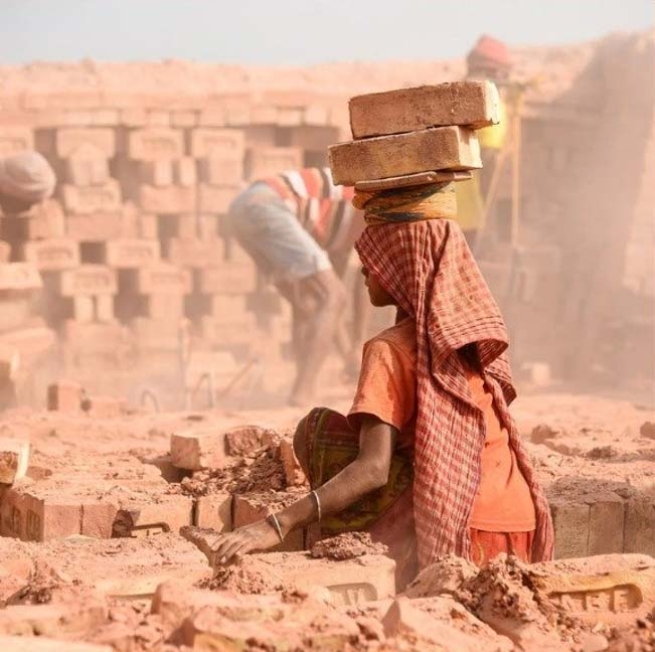In India there are differences in the growth of industries and development between states, especially between the north and the south. The imbalances between the different political and industrial centres have resulted in urban development being concentrated in only a few States. Thus, the poorest, the tribal communities, the Adivasis, the Dalits and the members of backward castes move from their States of origin in search of better opportunities.
In celebrating this Day, which aims to highlight new opportunities for migrant workers, it cannot be forgotten that often these vulnerable and distressed people end up in the clutches of exploitation, abuse and the absence of rights. Regardless of the sectors in which they operate, many migrant workers do not enjoy essential rights such as the minimum wage, relevant working hours, decent working conditions, maternity leave, fair living conditions and respect for basic needs such as food, housing, health and education.
DB4M asks how the companies and industries that hire these migrant workers respond to the challenges posed by this phenomenon. Today it is necessary to insist on international labour laws to guarantee the rights and social guarantees of workers in India. However, even today, due to low-cost labour, many employers decide to take migrants as a workforce, without even registering them in the company portal or at the labour department.
Migrants who move for work, the so-called informal workers, end up working in the most disparate sectors: construction, cleaning, work in salt mines, tea or coffee plantations, street sales, industry and much more. They often do manual work which requires enormous physical effort. One wonders, therefore, why there is still no legal framework for these workers, often ignored and not even treated as real workers.
DB4M therefore suggests some points to fully experience the International Day of Migrant Workers:
- Consultation of stakeholders on migrant workers' issues;
- Awareness-raising demonstrations, with banners on migrants' rights;
- Campaigns on social networks;
- Non-fiction, drawing and dance competitions on migrant workers' rights;
- Health and welfare camps for migrant workers and their families;
- Ceremonies recognising and rewarding migrant workers;
- Cultural programmes that showcase the traditions of migrant communities;
- Launch of new counters or assistance initiatives for migrants;
- Collaboration events with NGOs, schools and trade unions;
- Interreligious prayer meetings for solidarity with migrants.


